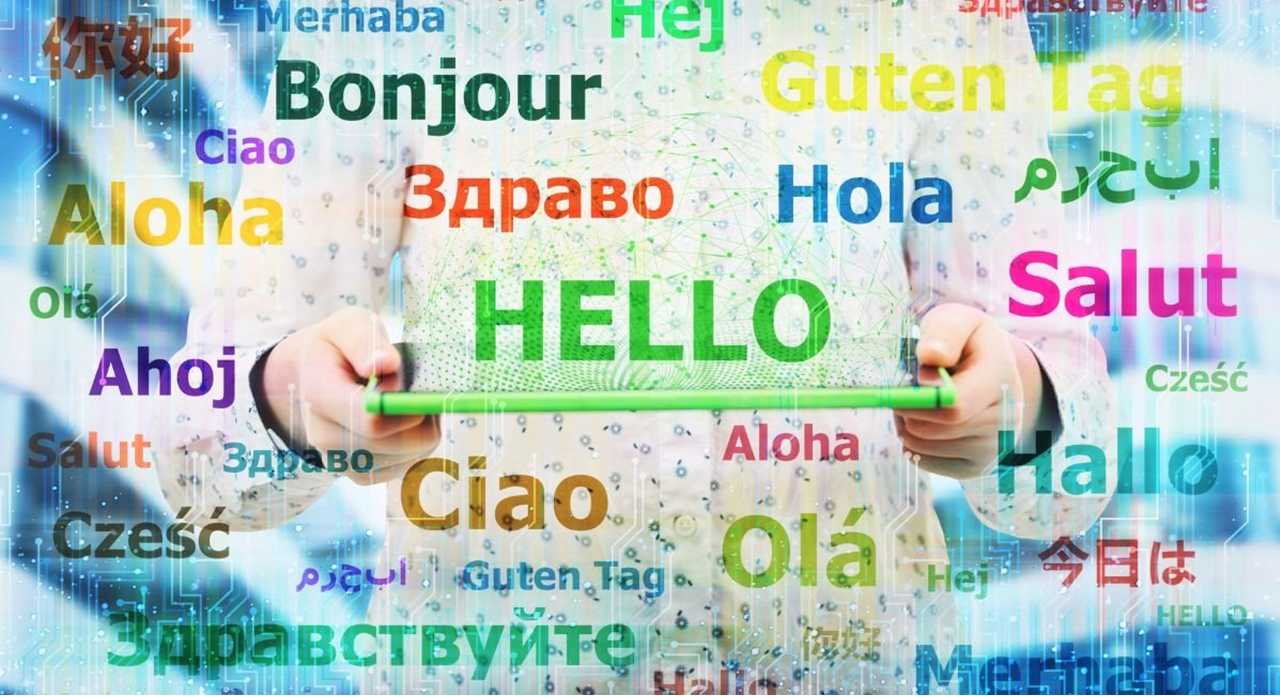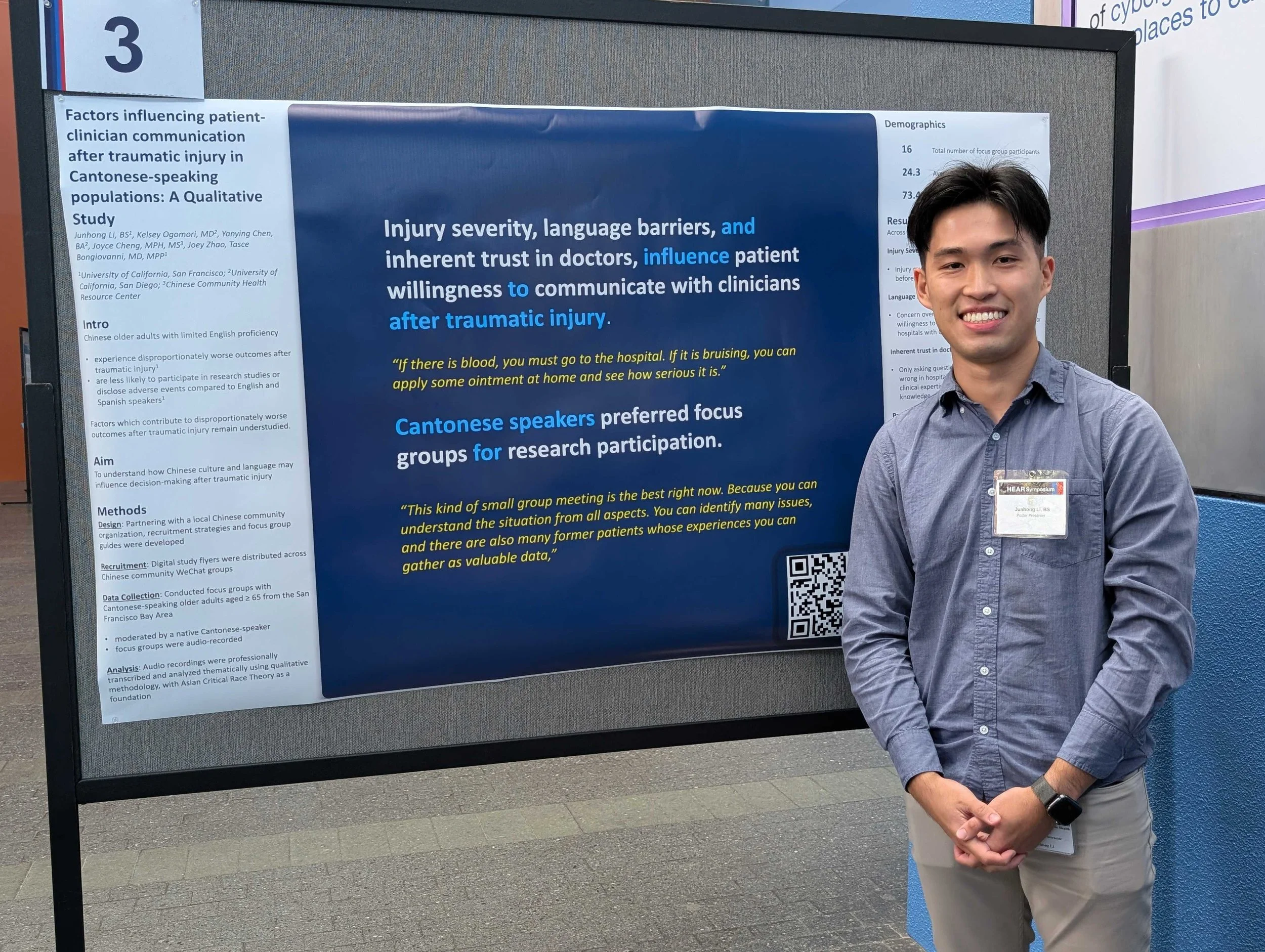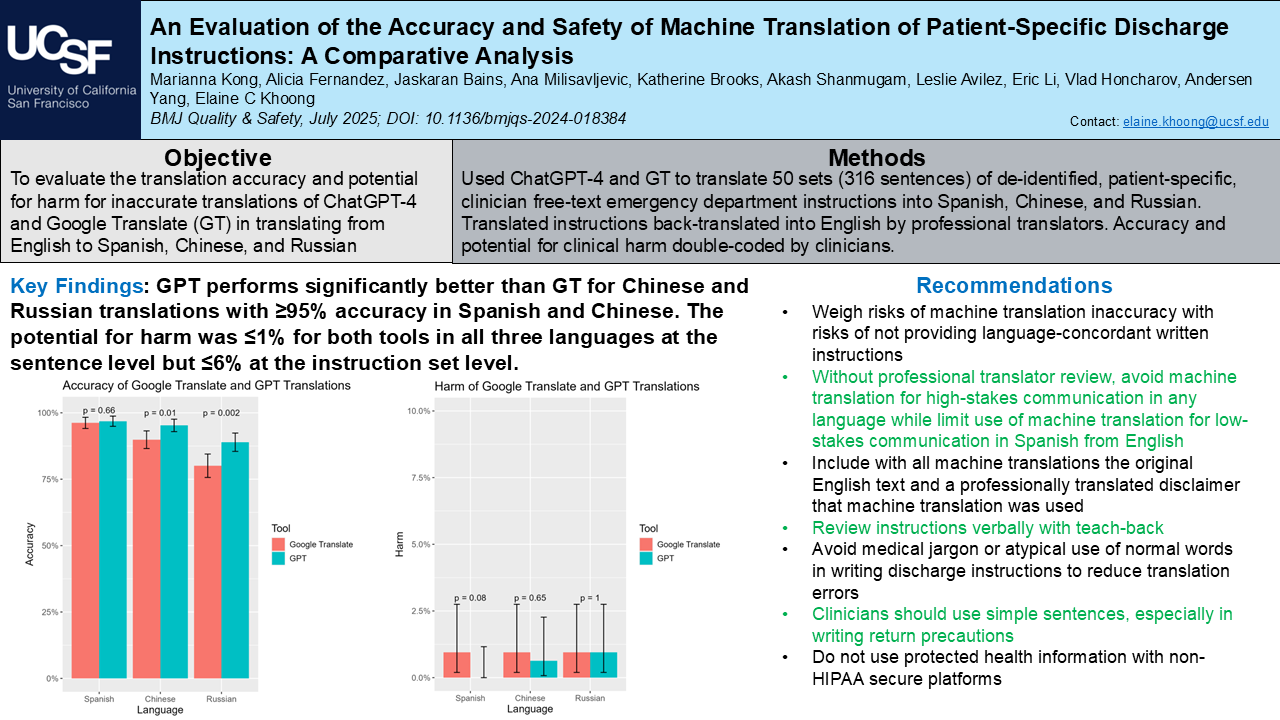Language Access Gaps
Image provided by iStockPhoto.
Overview
Effective communication is crucial in healthcare, yet language barriers continue to pose significant challenges. According to the U.S. Census Bureau, over 25 million people in the United States have limited English proficiency (LEP), which can lead to misunderstandings, misdiagnoses, and inadequate treatment. These barriers disproportionately affect minority communities, exacerbating health disparities.
In clinical settings, language access gaps can result in poorer health outcomes. For instance, patients with LEP are less likely to receive preventive services, more likely to experience adverse events, and often have longer hospital stays. The National Institutes of Health (NIH) highlights that language barriers can also lead to lower patient satisfaction and trust in healthcare providers.
Our lab is dedicated to bridging language access gaps in healthcare by developing innovative solutions. We explore various methods to enhance communication between healthcare providers and patients with limited English proficiency, including the use of professional interpreters, bilingual staff, and advanced translation technologies. By addressing language access gaps, we aim to improve health outcomes and ensure equitable care for all patients, regardless of their language proficiency.
Current Projects
Machine Translation Evaluation
This study evaluates the translation accuracy of Google Translate and ChatGPT in converting emergency department discharge instructions into Chinese, Russian, and Spanish. Using a sample of 50 patient-specific instructions, professional translators assessed both accuracy and the potential for harm in the translations. Results showed that ChatGPT outperformed Google Translate in accuracy for Chinese and Russian, while performance was comparable for Spanish. Both tools demonstrated a low rate of harmful mistranslations (<1%), with ChatGPT excelling in handling non-standard English and complex sentence structures.
Although ChatGPT showed improved translation accuracy, particularly for Chinese and Russian, challenges persist in ensuring consistency and safety in high-stakes medical contexts. Critical instructions involving return precautions or medical jargon remained prone to inaccuracies. Neither tool is currently reliable for independent use in critical medical communications without professional oversight. However, the findings suggest ChatGPT could serve as a supplementary tool for low-risk scenarios, such as appointment scheduling, when paired with appropriate disclaimers and dual-language text provision.
Selected Completed Language Access Gaps Projects
Language Access Gaps Presentations
Dr. Khoong Discusses use of GPT-Rewritten Patient Instructions
Dr. Khoong is piloting new workflows to improve language access in healthcare, including a system for clinicians to send MyChart messages to certified translators for Spanish translations within 24 hours. While verbal communication remains a challenge in low-stakes interactions, experts are exploring AI-based translation tools to enhance accessibility and patient inclusion.
Dr. Khoong discusses the acCuracy and safety of machine translation of patient-specific discharge instructions
Patients who prefer to communicate in a non-English language often do not receive written instructions or care plans in their preferred language. Dr. Elaine Khoong, MD, MS, led an original investigation exploring the potential role of artificial intelligence in addressing language barriers between healthcare providers and patients. The study found that GPT-generated Spanish translations show strong promise in low-risk clinical scenarios, especially when human translators are unavailable. These findings suggest that healthcare systems should consider offering machine-generated translations in appropriate contexts, rather than leaving patients to navigate instructions they cannot understand.



